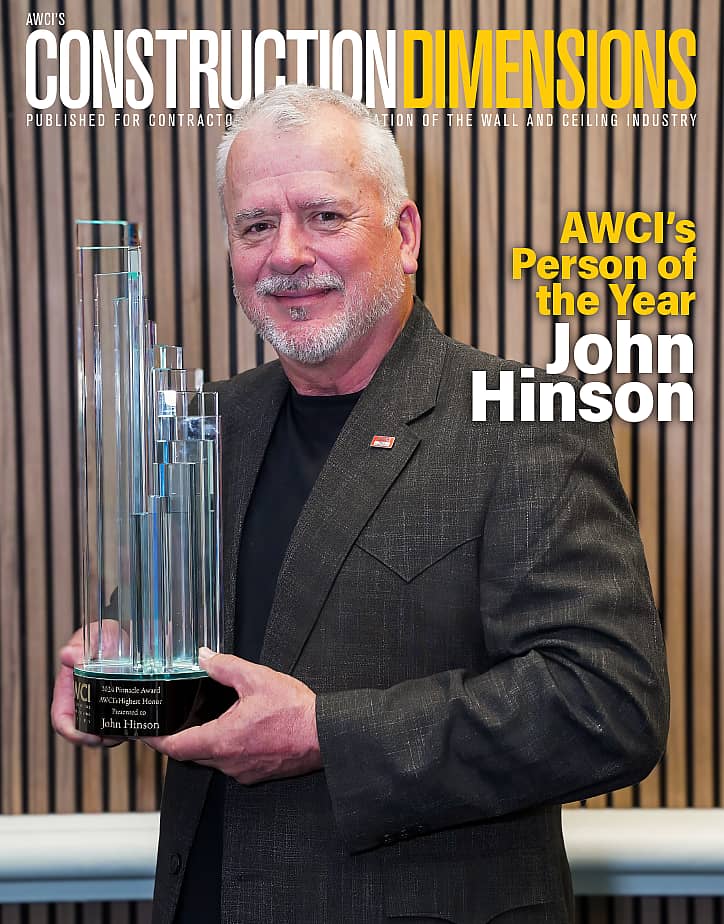If I could save time in a bottle, the first thing that I’d like to do …—Jim Croce, from “Time in a Bottle”
At the close of my last column I committed to sharing how some thoughtful bidmeisters deal with deadline anxiety, so of course that was a wily segue into a mini-dissertation on saving time. Actually, management of time is a more appropriate term, as it has been pointed out to me that “saving time” is a misnomer of sorts. Wiser wordsmiths than I have rightly explained that the nature of time, as an element in perpetual motion (i.e., always moving forward) precludes us from accruing any “spare time” by putting it in some sort of box (or a bottle) as we might do with other valuable resources. In reality, we can no sooner “save time” than we can capture the wind. It’s a notion worth pondering, and it underscores what a precious commodity our allotted time is to us. Time management only helps us deal with how our allocated time can be most productively spent. It’s the best we can do.
The last time I tackled this topic, I focused on the importance of making lists, but it’s just a start. Here I’d like to drill a little bit deeper.
In order to apply some guidance in the expenditure of time, one must first determine how one’s time is currently consumed. The most effective approach is to start writing down where, how and how much one presently spends his time. Keep a legal pad within arm’s reach, one kept solely for the purpose of recognizing what items occupy one’s time. Just a few jotted notes each day for a typical week will go a long way toward identifying where the time flies.
Predictably, the first thing that emerges from this practice is how much attention is squandered on time-wasters. Contemporary construction managers and estimators conduct much of their communication over the internet (email, texting, plan sites, etc.), which is evidently time spent constructively. But these business sites are only a click away from the pitfall of browsing the most current social media platforms, or from conducting personal business on company time. In an honest self-assessment, one can usually find that an inordinate amount of time is spent on these entertaining enticements.
Another serious waste of time comes in the form of meetings. While many meetings are a necessary evil, at least as many have little or no value that is relevant to one’s own purposes. A thoughtful estimator/manager will identify meetings pertinent to his work, and tactfully excuse himself from those that aren’t.
Once we have identified where our time goes, we can start to direct where and how much time we can allocate to the tasks that befall us.
Utilize a calendar. This is typically used to track the due dates of larger projects. It helps to notify of upcoming work so we know when to get started. It also eliminates project overlap.
Create an urgency matrix. This consists of a multi-cell spreadsheet that arranges tasks by degrees of importance and urgency. Using this tool helps us recognize that certain tasks are of high importance but may or may not require immediate action. Conversely, there are many tasks that are time-sensitive (complete with due dates) but may have a high or low level of import. This enables us to order tasks chronologically.
Eating the elephant. Of course, all things are possible if we take them a bite at a time. We talk about performing an estimate, but that undertaking is made up of many smaller tasks that can be broken up into manageable portions with reasonable time expectations. For instance, we can assign ourselves the task of taking off a floor plan page, then taking a short break before taking off the reflected ceiling plan. Short breaks are not time-wasters; they help refresh the brain functions. It’s also suggested that we physically walk away from the work area for a bit to combat the monotony.
Establish reasonable time limits. Assign yourself duration goals that are doable but keep you striving to complete on time.
Just say no. Avoid taking on more work than you can reasonably perform in the time allotted. Either beg off, or ask a colleague to share a task.
Have a backup plan when circumstances change. Due dates for estimates are often extended to allow for plan revisions. Having an alternative work plan that enhances productivity helps alleviate the anxiety that is looming with the next deadline.
Clearly, effective time management consists of more than generating to-do lists. There are many more strategies for managing time, but I think the best ones are self-created and self-imposed. They can be valuable resources for minimizing the deadline anxiety that most quotesmiths suffer from.
Vince Bailey is an estimator/project manager in the Phoenix area.




